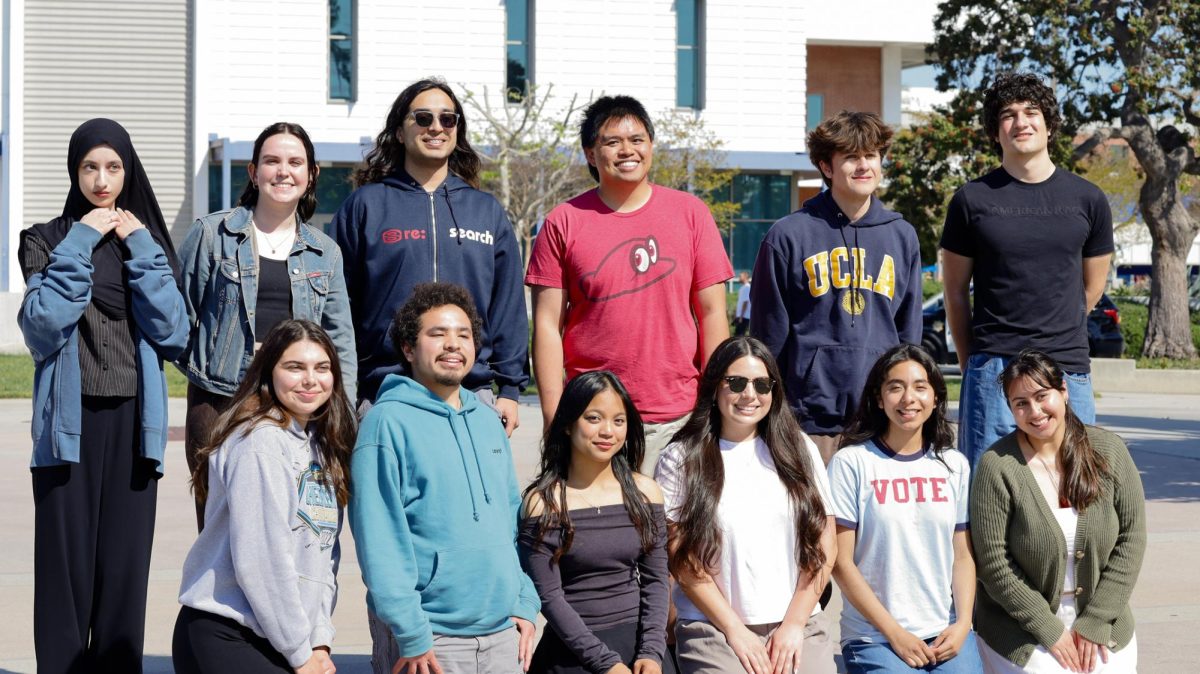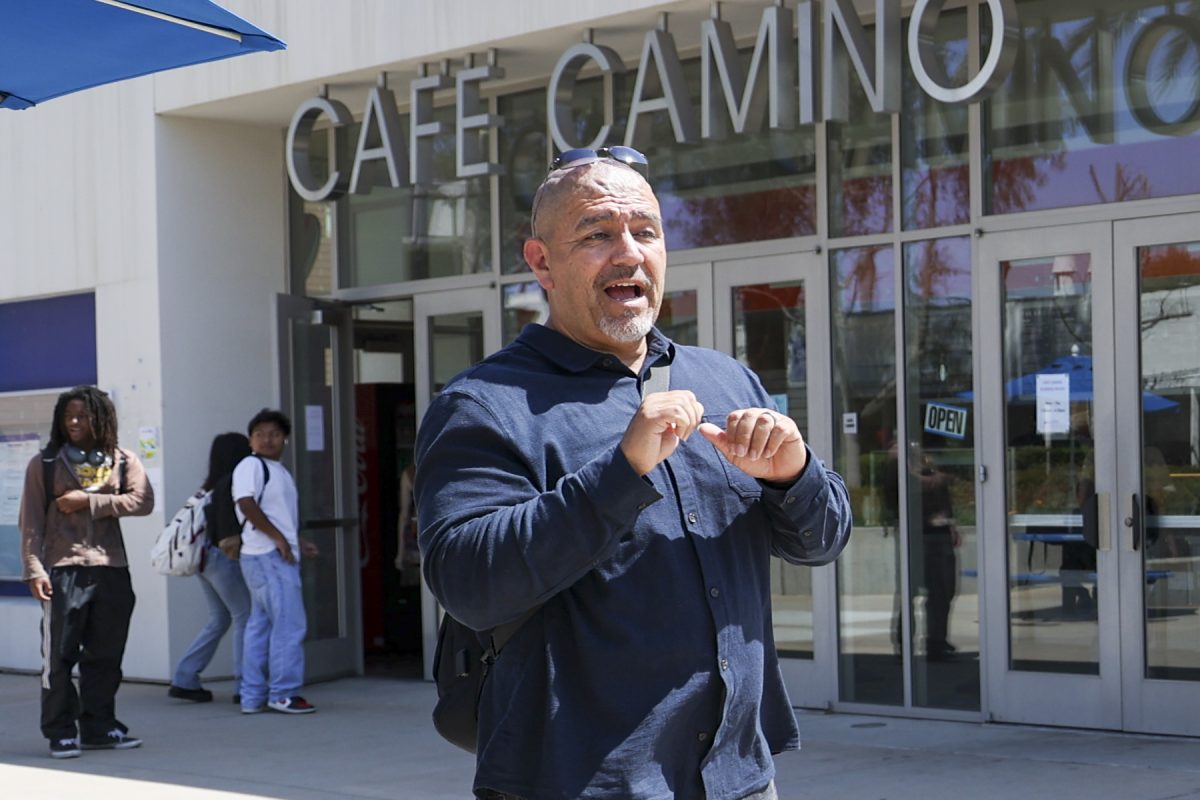Every semester the Health Center offers workshops on subjects or particular problems that might be of interest to students.
Dr. Ruth Taylor and Dr. Sally Emery, psychologists from the the Health Center, presented students with helpful material and advice in two workshops, Anger Management and Understanding Depression, last week.
At every workshop a professional psychologists is at hand to answer questions and give individual consultation at these workshops, like Dr. Taylor who led Understanding Depression, Oct. 8.
“Issues such as anger, depression, test anxiety, relationship problems and anxiety disorders are some of the things we try to cover in these workshops,” Taylor said.
The workshops are like introduction classes where students are given handouts and information to help them recognize certain patterns or symptoms they might be experiencing.
“It’s kind of like an educational introduction to a particular topic, and if students have personal concerns, they can come back and talk to a psychologist,” Taylor said.
All students are entitled to short-term (six months during the school year) counseling at no cost with a clinical psychologist.
“They come here (Health Center) and we actually do the counseling right here,” Taylor said. “They just fill out an intake form and schedule an appointment with the receptionist.”
The workshops are learning opportunities for most, but sometimes students realize they’d like to talk to someone about problems they may have or may need more help with.
“If they don’t have insurance, and lots of students don’t, we have a list of agencies in the area that offer low-cost counseling,” Taylor said.
Taylor added that the Health Center also helps students who may have psychiatric or substance abuse problems that would be better handled somewhere else because they would obviously take more time.
“If they need medical treatment, we refer them to other places,” Taylor said. “The idea is that by having counseling services and information provided on campus, it’s an introduction to the topics, plus it’s accessible.”
Throughout each semester, the Health Center repeats certain workshops, especially those that target problems people come in with most.
“Even if students themselves don’t have these problems, they may know people who do and may be concerned about them,” Taylor said.
For student Tomoko Yasuda, the workshops had a personal benefit because she came to the U.S. a year ago and found it hard to make friends.
“It’s difficult to adjust because I have to understand the different cultures,” Yasuda said. “There are lots of different people from various countries.”
Taylor said they don’t have therapy groups as of now because students are busy with school, work and their families.
“It’s very hard for them to commit to even three sessions in a row, so we gravitated toward the format of one-hour sessions as an introduction,” Taylor said.
If students want more therapy sessions, Taylor said they can always schedule an appointment to see a professional psychologist at any time in the Health Center.
The success rate of the workshops often depend on how well they are advertised and how busy it is in the semester.
“In the past, the best response was when instructors have offered students extra credit to attend because they see it as an adjunct to whatever they are studying, particularly in health classes,” Taylor said.
Lee Gonzalez, student, was attending the workshops because he wasn’t able to focus.
“There are certain things I need to have taken care of,” Gonzalez said. “Anyone who can actually admit to him or herself that something is wrong should always come to something like this.”
Taylor said when it comes to success rates, it can vary because the workshops are held in the psychologist’s office and can only hold a limited number of students, so there are times not everyone can attend.
“I’ve had sessions with twelve people, some having to sit on the floor, and then I’ve also had sessions where only one showed up,” Taylor said.
Anger management is one of the more popular workshops because there are situations out there that mandate people’s need to go.
“Students shouldn’t wait until the problem gets worse or wait for someone to say something to them,” Gonzalez said, “they should just accept that something is wrong and do something.”
“Students are busy and unless there’s some sort of outside encouragement or an instructor encouraging them, it’s hard for them to come in,” Taylor said.
There are many students not aware that the Health Center offers other things besides medical and gynecological services, but they do have psychological services as well.
“That’s part of the reason the college pays us and the goal is to help students stay in school,” Taylor said. “When students run into problems or have things going on in their personal lives, this is a way to help them deal with it so they can maintain their grades.”






